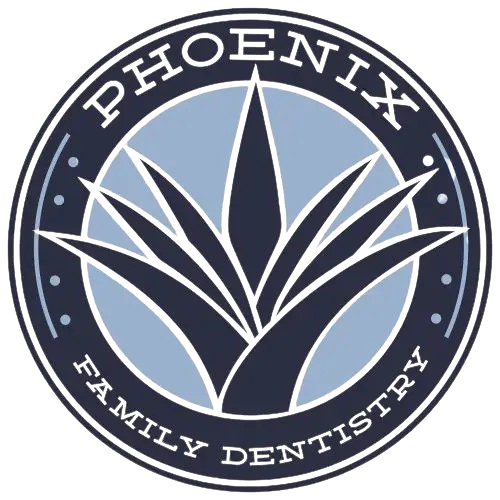Are Gum Disease Treatments Considered Routine Dental Procedures
There are many routine dental procedures patients typically experience annually. The most common elements of dental checkups include X-rays and a cleaning. However, what happens if there is a problem with the gums? Even the most diligent patient may sometimes miss the early warning signs of gum disease. In this case, the dentist may perform further treatments that go beyond what is traditionally included in the scope of normal preventative care. Take a look at how dentists in Phoenix, AZ spot gum disease and some of the ways it is treated.
What is gum disease?
Gum disease, also known as periodontal disease, is a common and often preventable condition that affects the gums and supporting structures of the teeth. It is caused by the buildup of plaque, a sticky film of bacteria that forms on the teeth and gumline. If left untreated, gum disease can lead to serious oral health problems, including tooth loss and bone damage.
Here are the stages and symptoms of gum disease:
- Gingivitis:Gingivitis is the earliest stage of gum disease and is characterized by inflammation of the gums. Symptoms may include redness, swelling, tenderness, and bleeding gums, especially during brushing or flossing. Gingivitis is reversible with proper oral hygiene and professional dental care.
- Periodontitis: If gingivitis is left untreated, it can progress to periodontitis, a more advanced stage of gum disease. Periodontitis involves the destruction of the supporting tissues and bone around the teeth, leading to pockets or spaces between the gums and teeth. Symptoms of periodontitis may include persistent bad breath, receding gums, loose or shifting teeth, and pus between the teeth and gums.
What routine dental procedures treat gum disease?
Brushing, flossing and cleanings with a hygenist can help stop the progression of gingivitis to gum disease. However, in some instances, these routine procedures do not work and advanced treatment is necessary. People who go too long before getting treatment for gum disease may lose teeth if the tissue around them is compromised beyond repair. Some advanced treatments may be warranted depending on how the disease has developed.
Non-surgical treatment
Aside from usual tooth cleaning, dentists in 85053 may step the cleanings up to help rid the gums of the bacteria infecting them. Scaling and planing is a method used to perform a much deeper cleaning of the mouth, with a concentration on the gum line and below it. The dental professional focuses on removing thicker layers of tartar and plaque from around and under the gum line. The dentist or hygenist may also then take the time to smooth out areas of the teeth that are pitted or uneven, either from bacterial intrusion or plaque and tartar build-up. This helps to discourage future bacterial growth in the grooves of these teeth.
Surgical intervention
Some cases of gum disease may require a more aggressive approach. Surgery is one option that some patients may consider, especially if the gums are in bad shape. According to WebMD, there are five common surgical procedures that can help restore the gums and fend off tooth loss:
- Bone graft
- Pocket/flap reduction
- Tissue regeneration
- Bone surgery
- Tissue grafts
- All of these procedures generally include thorough cleanings under the gum lines and, in some cases, a transplanting of bone from one area to another. Call us to learn more.
Conclusion
Keeping gums healthy is a top priority of routine dental procedures. Dentists want to help patients ensure that the mouth is healthy enough to sustain the teeth for many years ahead.
Request an appointment or call Phoenix Family Dentistry at 602-547-9007 for an appointment in our Phoenix office.









0 comments